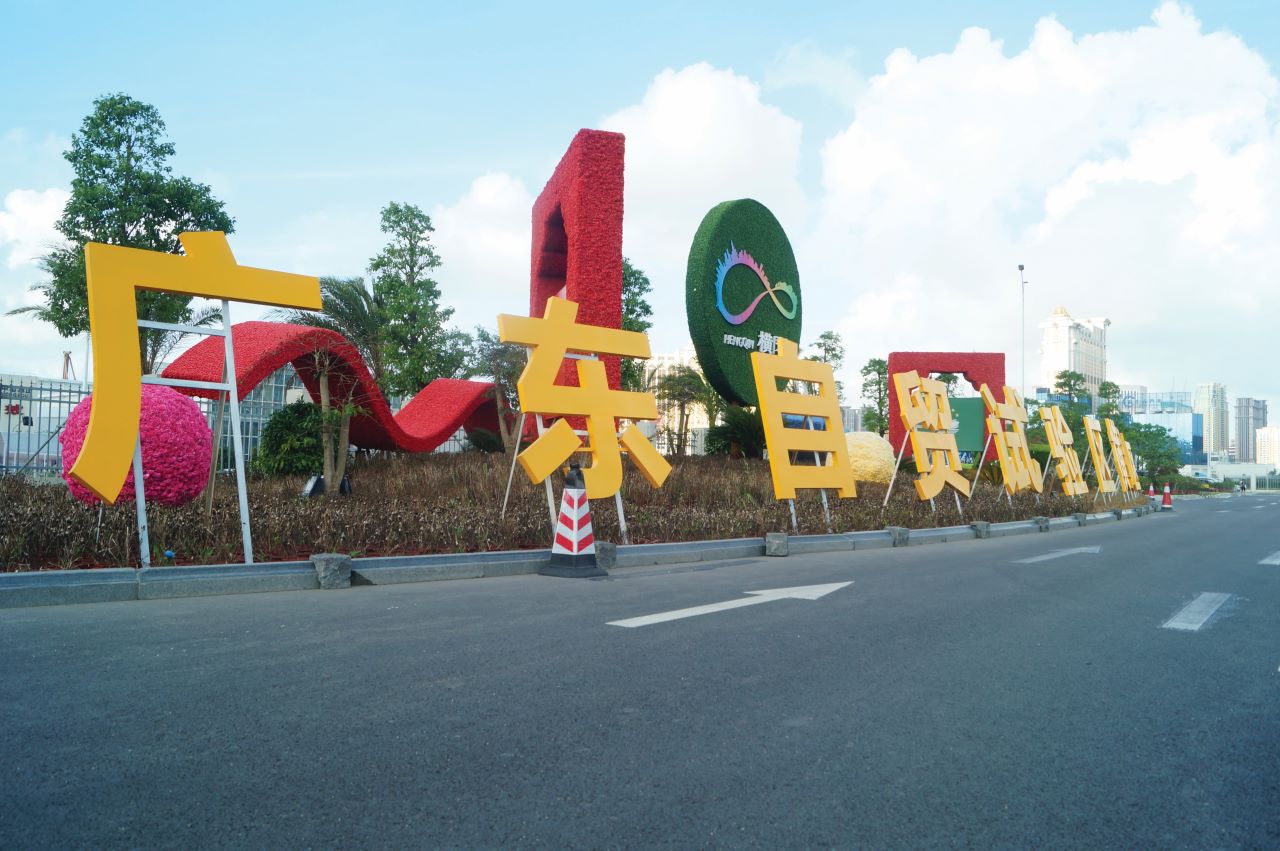With the concession expiry deadline looming the government is pushing ahead with its plans for a public re-tender for the coveted licenses. Glenn McCartney MBE, Associate Professor of International Integrated Resort Management at the University of Macau, writes that the attention will soon be focused on the request for proposal process and ensuring the pitches are in line with the government’s clearly stated objectives.
The dust has almost settled again from the Macau government’s announcement of the details of the draft gaming bill – but it could likely be short-lived.
Although the public tender for the six casino licenses is imminent, with six licenses confirmed in the draft gaming bill, there has been limited conversation on the request for proposal (RFP) items.
Naturally, they will align with the gaming bill terms and conditions, and through tendering submissions, the winning casino company agrees with these stipulations.
Over the years, I have been involved in bidding for Macau government public tenders (not the casino ones). The public tender can help clarify and remove uncertainties, through reinforcing government expectations and casino deliverables. With the publication of a bidding matrix and marking scheme this makes the tender process an important one.
But beyond the actuals of the bill (i.e. 10-year license, six casino licenses, and so on), what interests me is the intent and sentiment implied and expressed throughout the gaming bill, and how the authorities will measure and score these – and ultimately ‘close the loop’ on these issues. Essentially converting a gaming bill into a governance document. In tandem, it will also be interesting to note the shaping of the casino company pitches – this time around. While not six ‘new’ casino companies, their submissions will differ from two decades previously (and noted that previously three were through sub-concessions).
As such, it’s important to reflect back 20 years – I, and Jonathan Galligan (Deputy Head of Research, CLSA (HK)), wrote this almost a year back:
“The Macau Government will keep to the game plan to have the tendering process in 2022 (sure with some months here and there to discuss with the industry and consultants). There are several moving parts, but this is a major policy issue – and as such, while there has been the Covid-19, the history of the last 20 years (revenues for example) and 20 years of reference, indicates the government will keep on schedule.
The government has been examining this policy for some time already (terms and conditions) – so there is no need to wait.” (page 48. Macau fortunes. Customer evolution accelerates post-covid, CLSA Blue Book, G. McCartney & J. Galligan).
It was one amongst other predictions regarding Macau’s casino and tourism trajectory. Looking at two decades of casino development provides perspective on expectations for the next development cycle to mid-2030.
For example, the original casino liberalization had limited metrics, or KPIs, to judge and steer gaming and non-gaming development over 20 years. In 2000, these were largely uncharted waters – the development of The Cotai Strip and the largest gaming economy and integrated resorts in the world.
From time to time the government intervened, using mechanisms such as introducing new laws, regulations, and Executive Orders (e.g. providing credit, casino floor smoking ban). Themes such as non-gaming development, economic diversification, CSR, and oversight have been consistent (and not unexpected) from the casino license consultation to the gaming bill. Consequently, this will undoubtedly be illustrated further in the RFP/tendering process.
In 2000, the Commission for the First Public Tender to Grant Concessions to Operate Casino Games of Chance of the Macau Special Administrative Region, was temporarily created. It was made up of Macau civil servants with the aim of promoting the casino tendering process internationally, attracting bids, accepting requests for concepts/RFCs (a few of the scale models are still in the casino properties in Macau), and to finally judge the initial three winning casino tenders.
Much has changed in 20 years. Another commission could be temporarily formed this time around as well to judge the bids. This time, the reality of Macau’s leading position globally in terms of gaming revenues is well-established, along with the physical reality of The Cotai Strip, the integrated resort projects, and neighbouring Hengqin Island.
The public tender, an extension of the Macau Government’s position outlined in the gaming bill, will also see the winning tender documents adjusted to align with these. It is important for all stakeholders to be on the same page – given the ‘not to miss’ window of opportunity of ‘Macau 2.0’, as Hengqin Island and Greater Bay Area visions become a reality.











